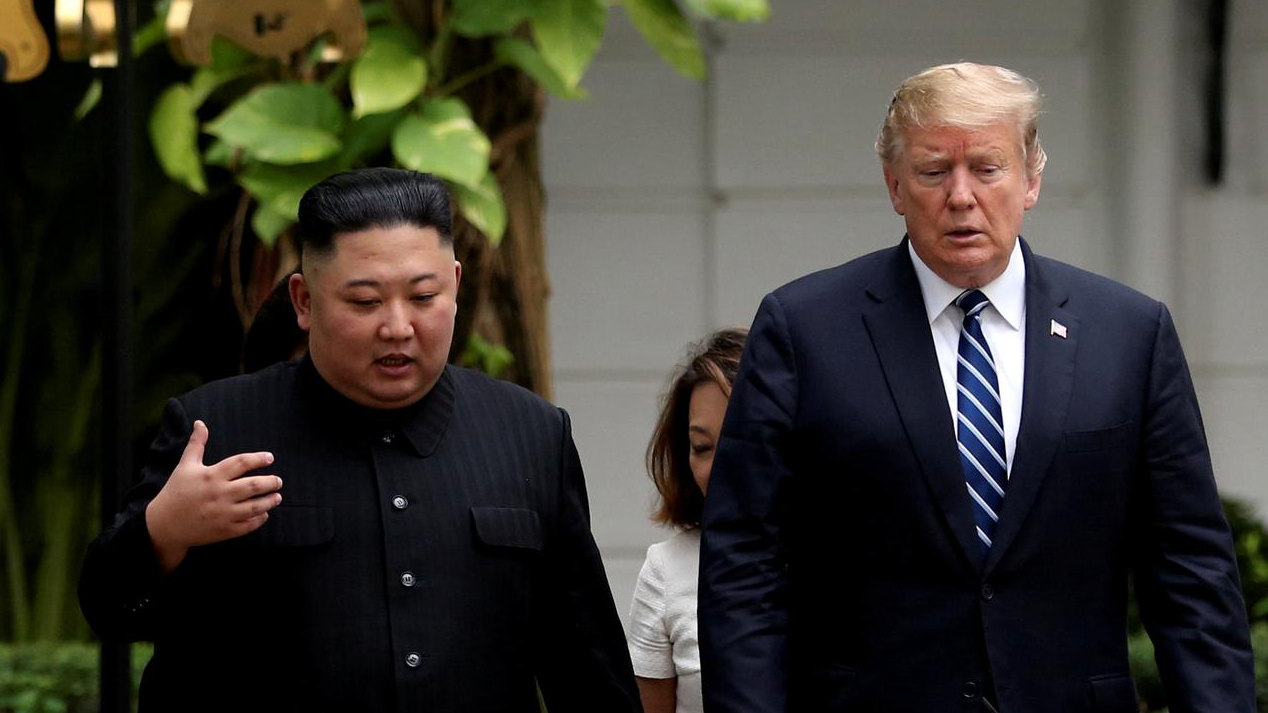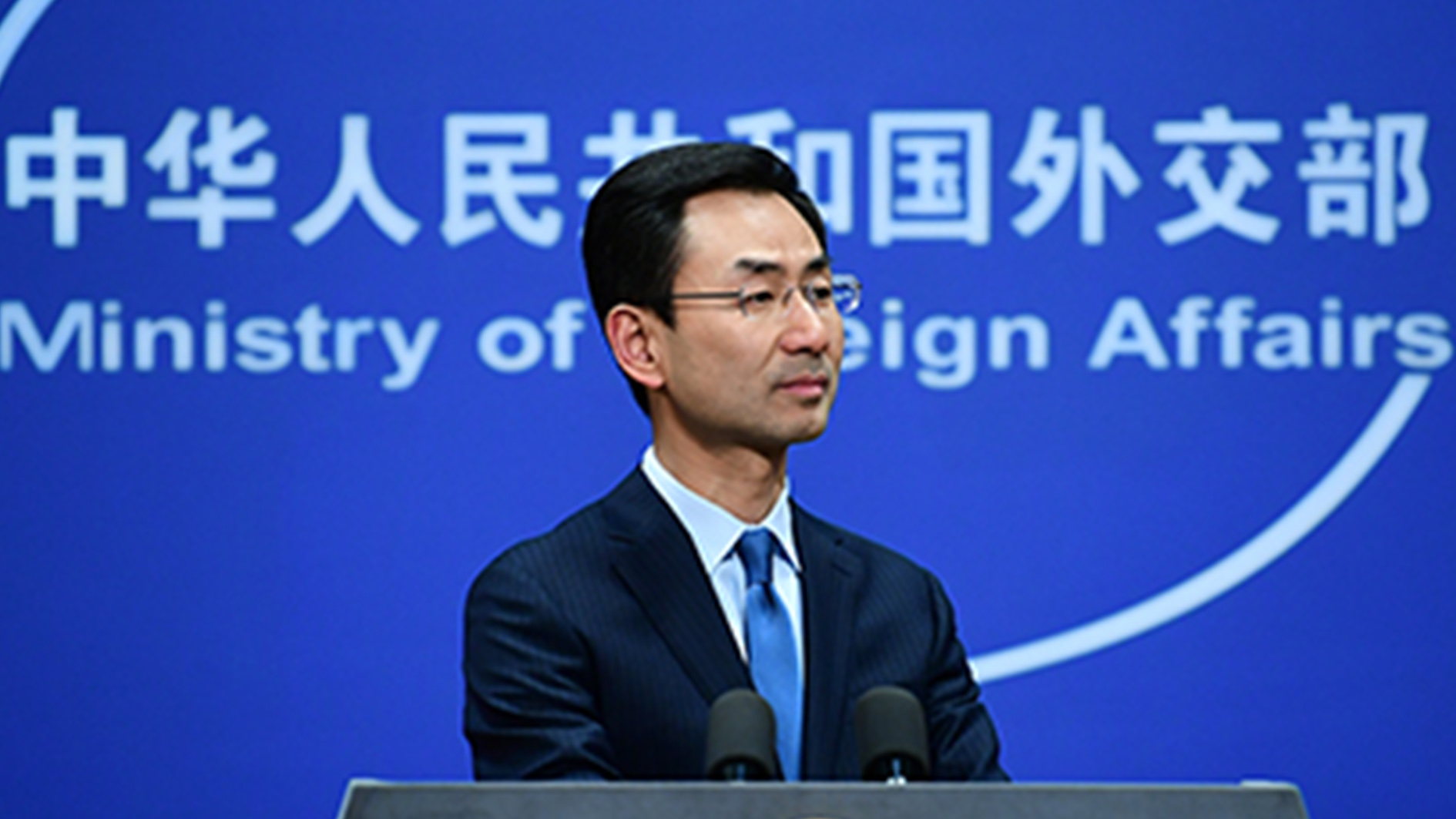
The U.S. special envoy for the Democratic People's Republic of Korea (DPRK), Stephen Biegun, will visit Beijing on Thursday and Friday, the U.S. State Department said, after China and Russia proposed lifting some UN sanctions on the DPRK.
Biegun's trip follows his meetings with officials in the Republic of Korea (ROK) and Japan this week.
During his stay, Biegun will hold talks with Chinese officials to "discuss the need to maintain international unity" on the DPRK, according to the U.S. side.
Read more:
Opinion: On denuclearization talks, the first to blink loses
Tension has been rising in recent weeks after a series of weapon tests conducted by Pyongyang and a war of words between the U.S. and the DPRK.
China and Russia on Monday proposed that the UN Security Council lift a ban on DPRK's exporting statues, seafood and textiles.
Chinese Foreign Ministry spokesman Geng Shuang said on Tuesday that China hopes the DPRK and the U.S. could meet each other halfway to push for denuclearization.
Beijing has reiterated that it hopes to see phased steps made towards denuclearization. This means U.S. lifting sanctions in exchange for the DPRK abandoning its nuclear and missile programs.
Russia said the draft, whose measures also included the lifting of a ban on the DPRK's people working abroad, was aimed at encouraging talks between Washington and Pyongyang.
00:58

On Tuesday, senior counselor to U.S. President Donald Trump said Washington will not ease sanctions on the DPRK as it failed to get a complete and verifiable denuclearization.
Kellyanne Conway said the U.S. position regarding sanctions has not changed.
"The president's keeping sanctions in place. And we need to see full and verifiable and irreversible denuclearization of the Korean Peninsula. And the president's made that very clear. And if it's not there, the sanctions will remain," she said.
Pyongyang has vowed to take an unspecified "new path" if Washington fails to soften its stance before the end of the year.
Biegun ended a three-day visit to Seoul on Tuesday to discuss the way forward for the talks with the DPRK. He said Washington doesn't have a deadline and is willing to discuss "all issues of interest," calling on Pyongyang to return to the negotiation table.

The U.S. Special Representative for the Democratic People's Republic of Korea (DPRK), Stephen Biegun, is greeted by the ROK's President Moon Jae-in during their meeting at the presidential Blue House in Seoul, ROK, December 16, 2019. /Reuters Photo
The U.S. Special Representative for the Democratic People's Republic of Korea (DPRK), Stephen Biegun, is greeted by the ROK's President Moon Jae-in during their meeting at the presidential Blue House in Seoul, ROK, December 16, 2019. /Reuters Photo
Trump said Monday that he would be disappointed if something was "in the works" in the DPRK, referring to two weapon tests at the country's western Sohae satellite launch site on December 7 and 13.
"We're watching it very closely," Trump said, adding that the U.S. would "take care of it," if something was under way.
(With input from Reuters)
(Cover: The DPRK's leader Kim Jong Un and U.S. President Donald Trump talk in the garden of the Metropole hotel during the second DPRK-U.S. summit in Hanoi, Vietnam, February 28, 2019. /Reuters Photo)